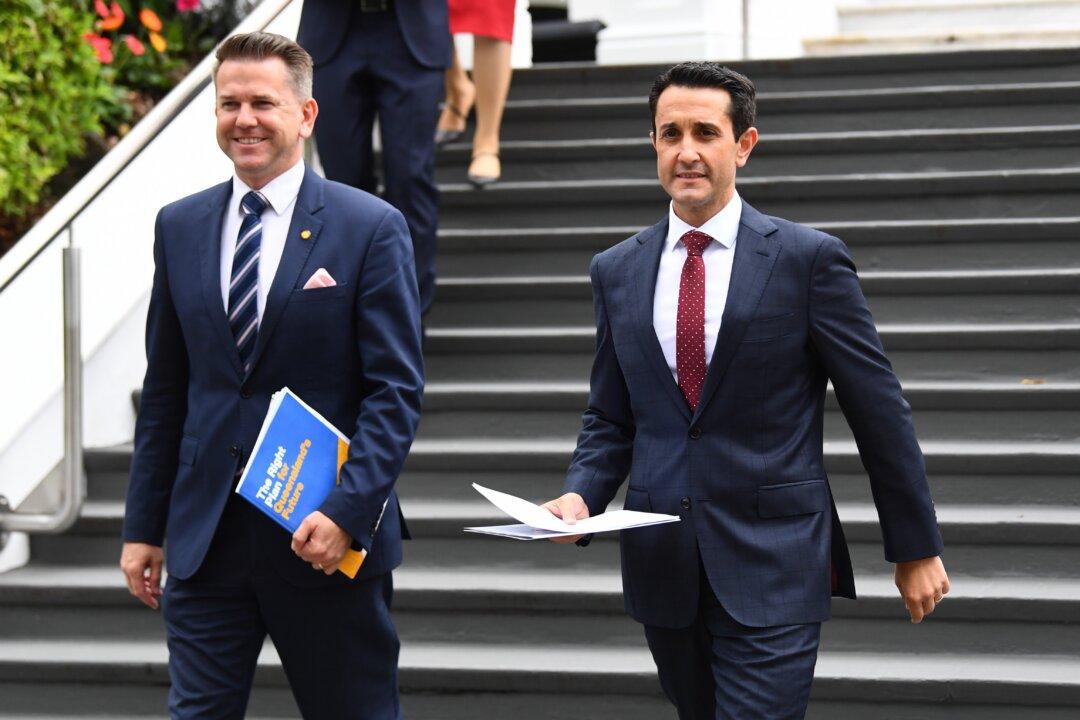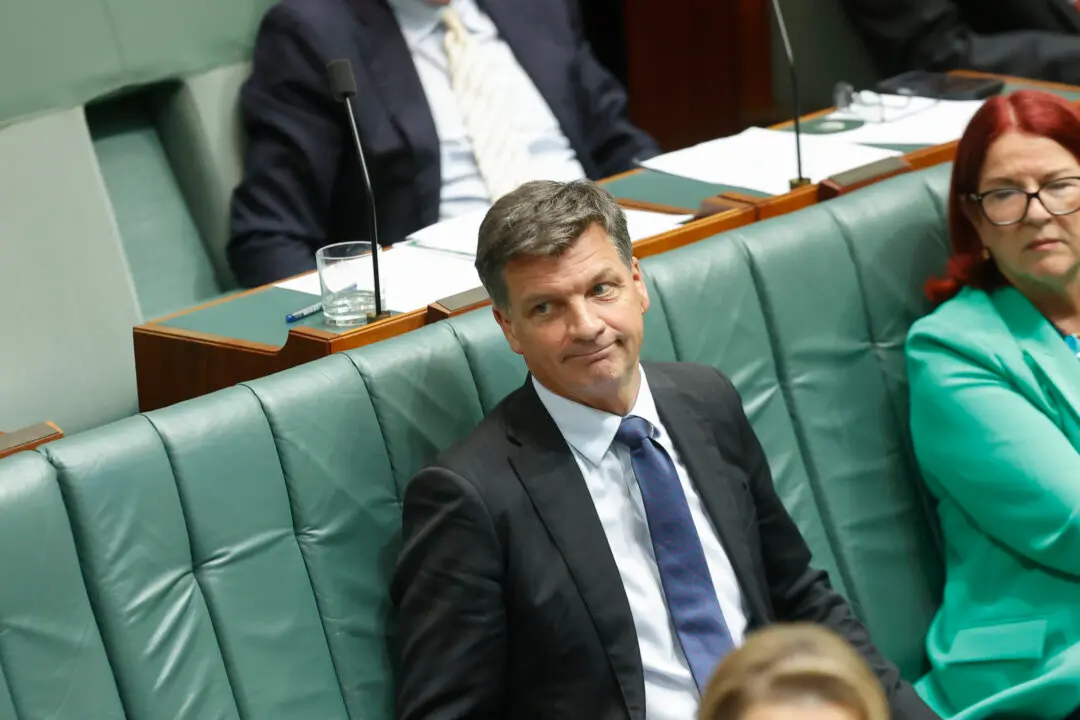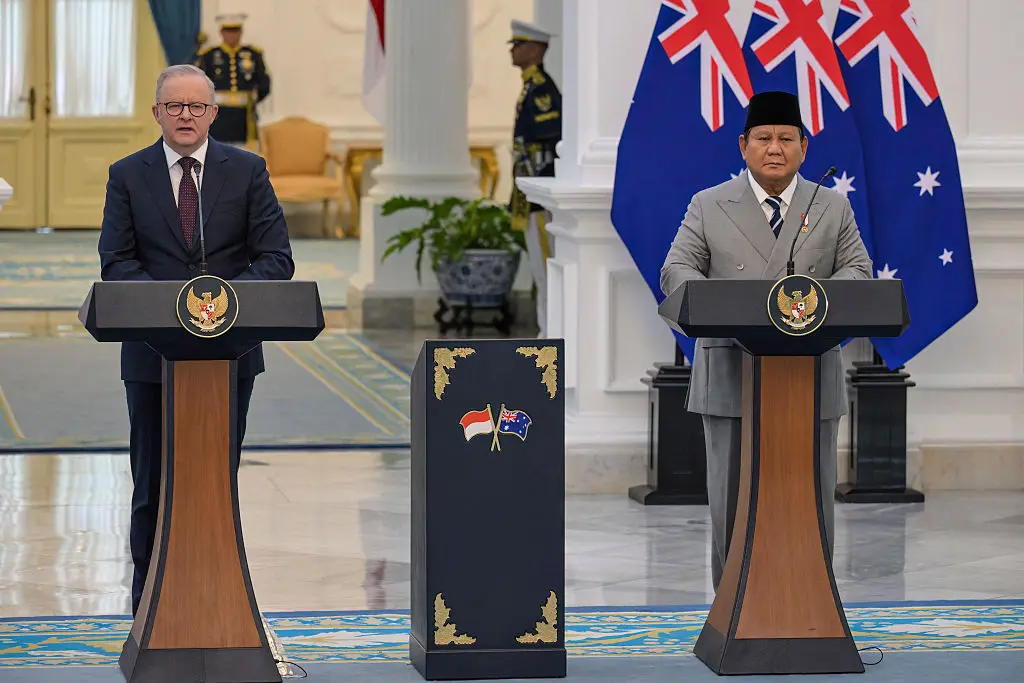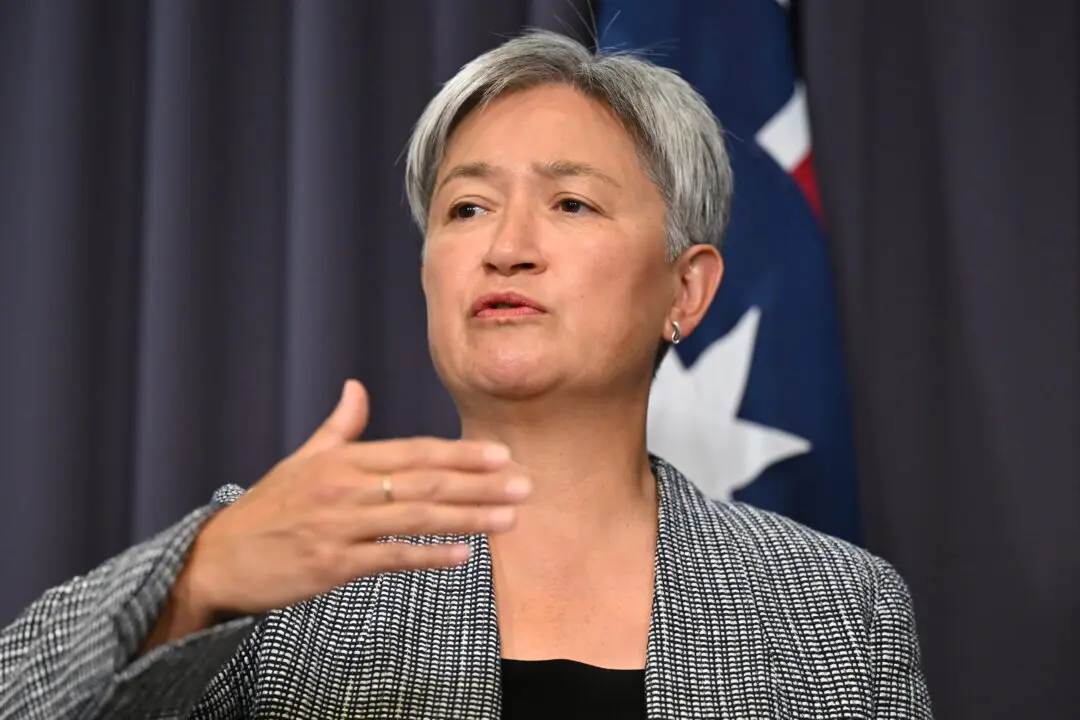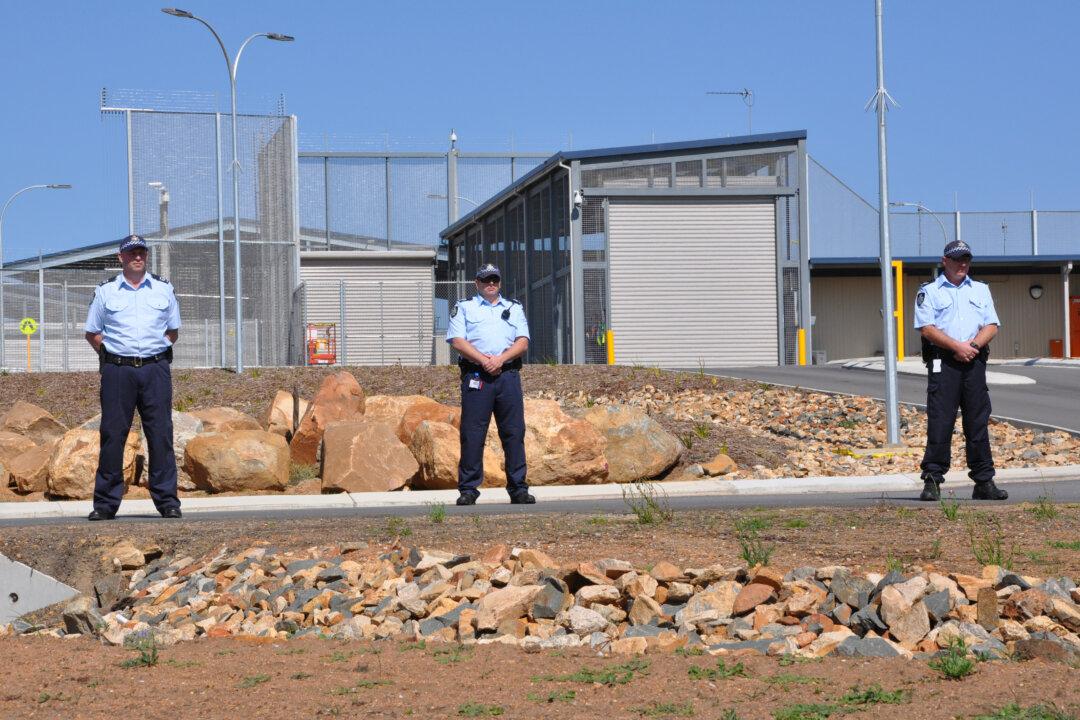Within first week of assuming office, Queensland’s Liberal National Party (LNP) Deputy Premier Jarrod Pieter Bleijie has cancelled the previous Labor government’s ambitious multibillion-dollar Pioneer-Burdekin pumped hydro scheme.
Announcing the decision on social media, Bleijie stated, “Getting down to business. This evening, I signed letters to Queenslanders, confirming the Crisafulli LNP Government has cancelled Labor’s Pioneer Burdekin Pumped Hydro Hoax.
